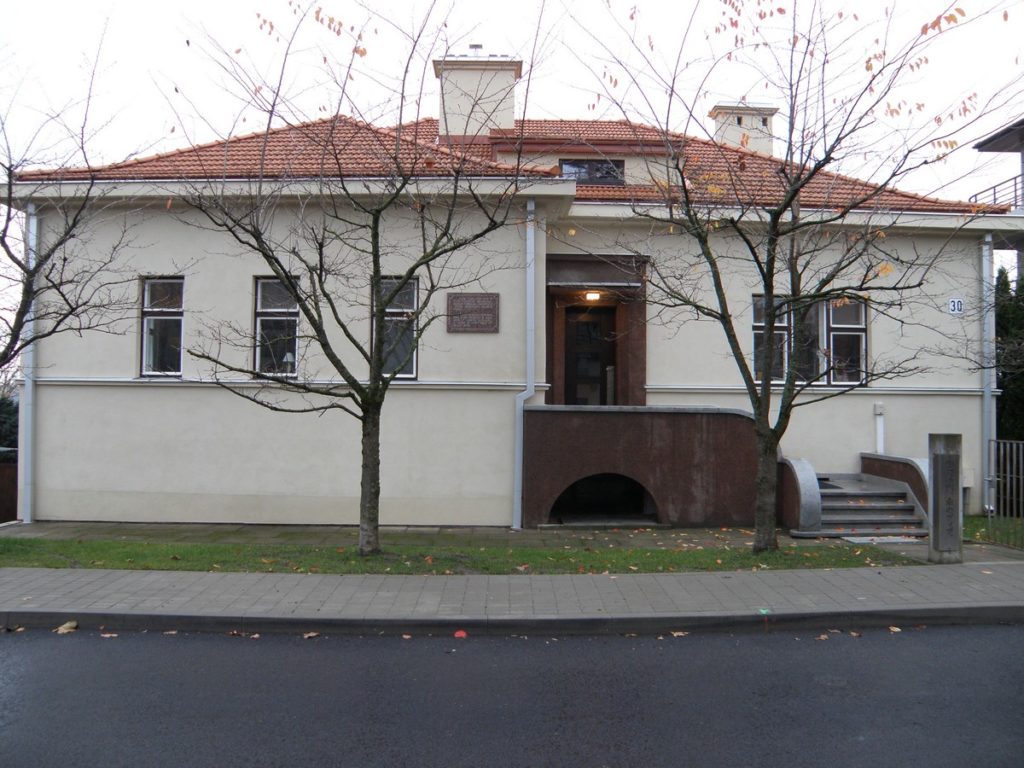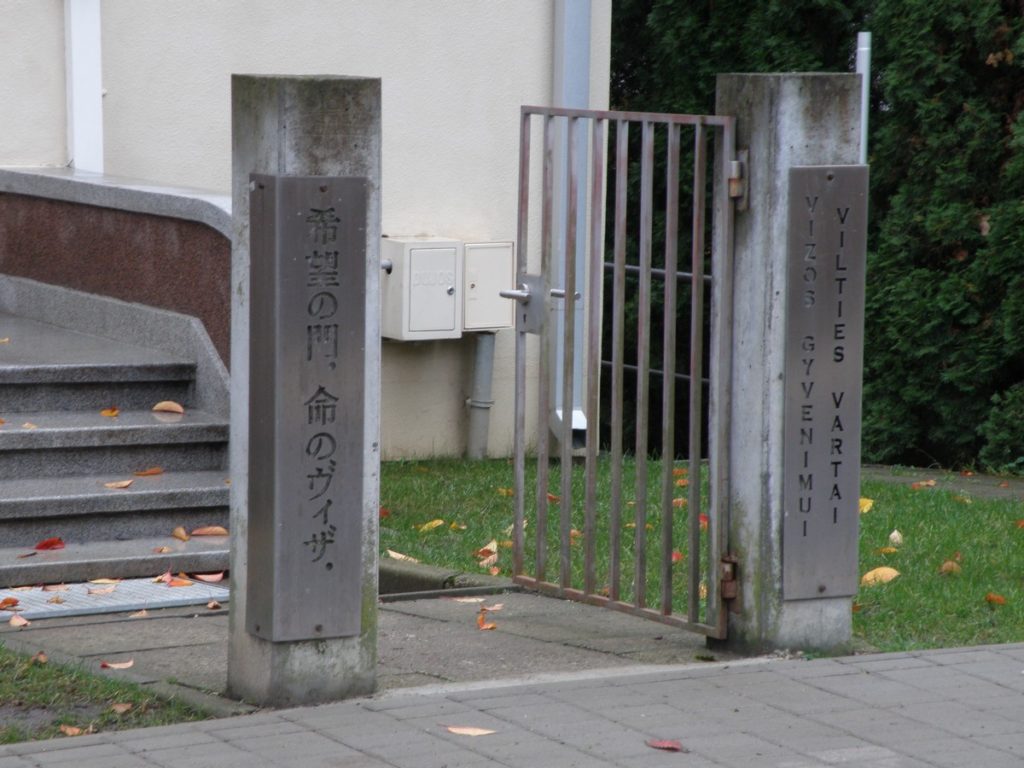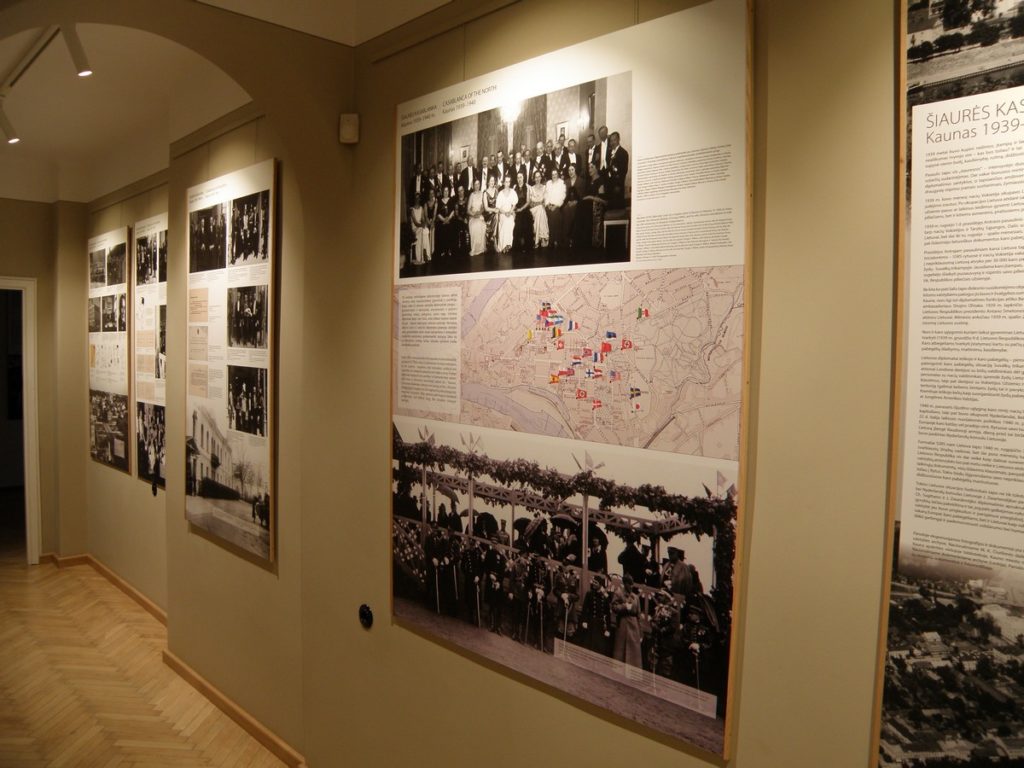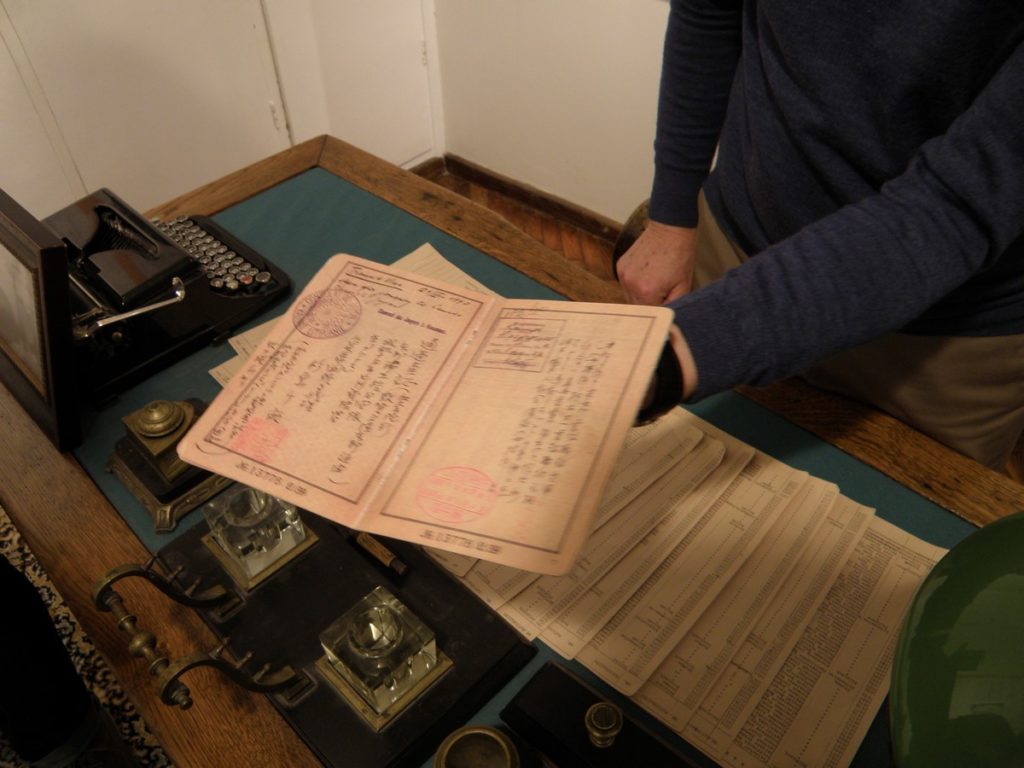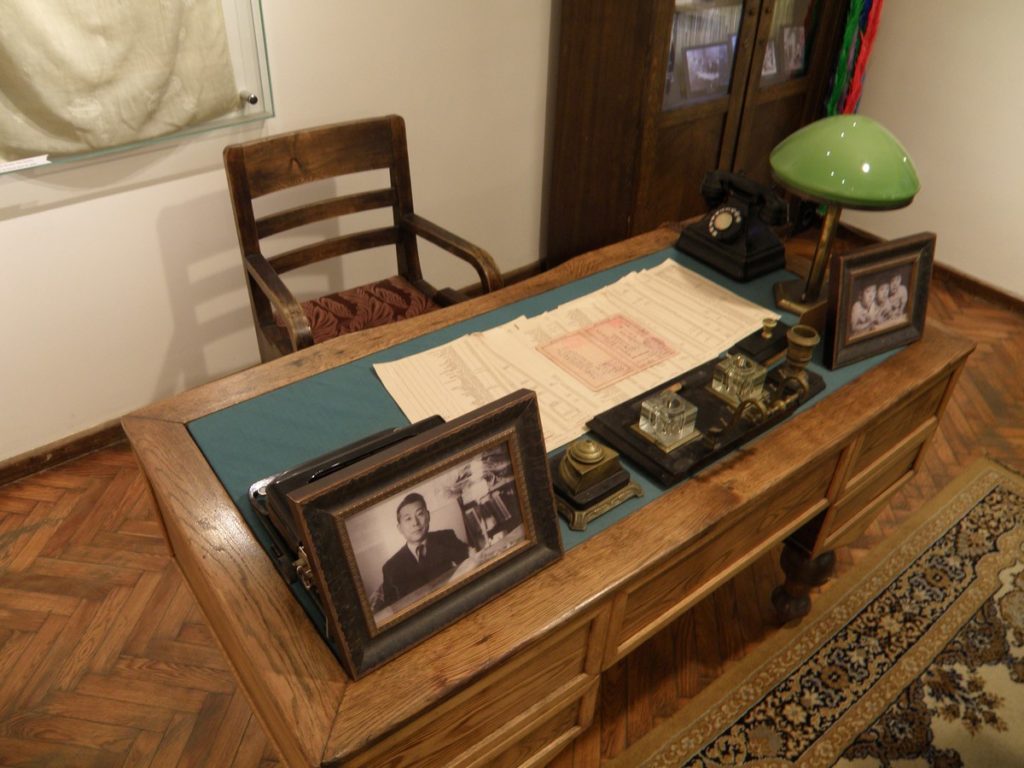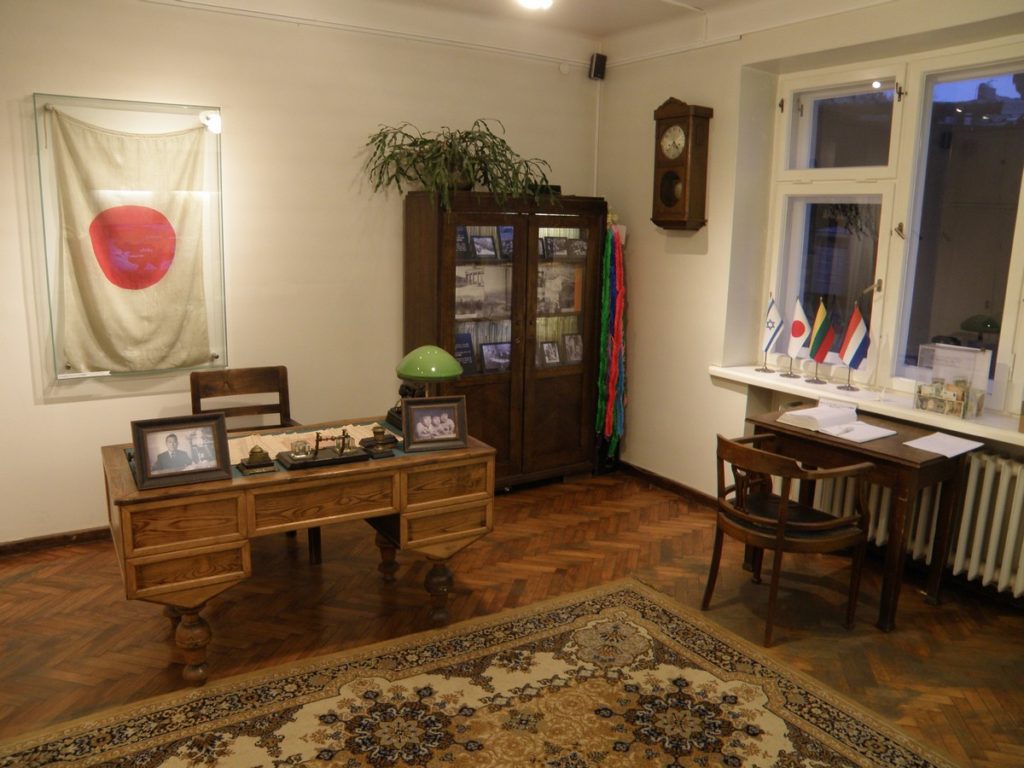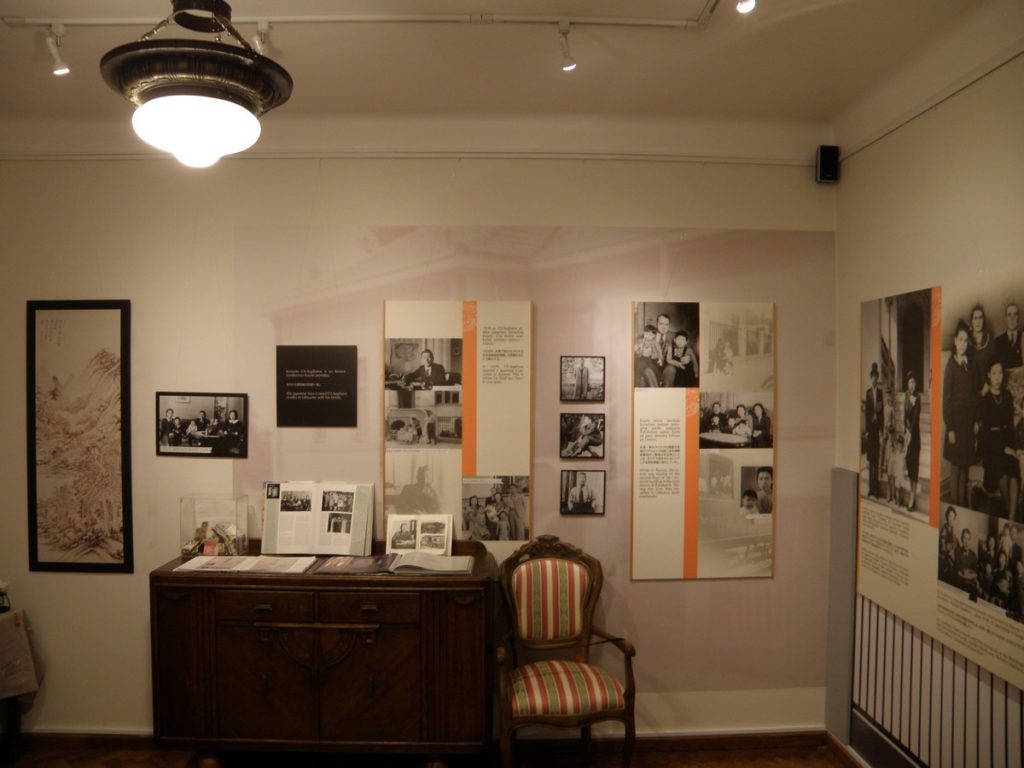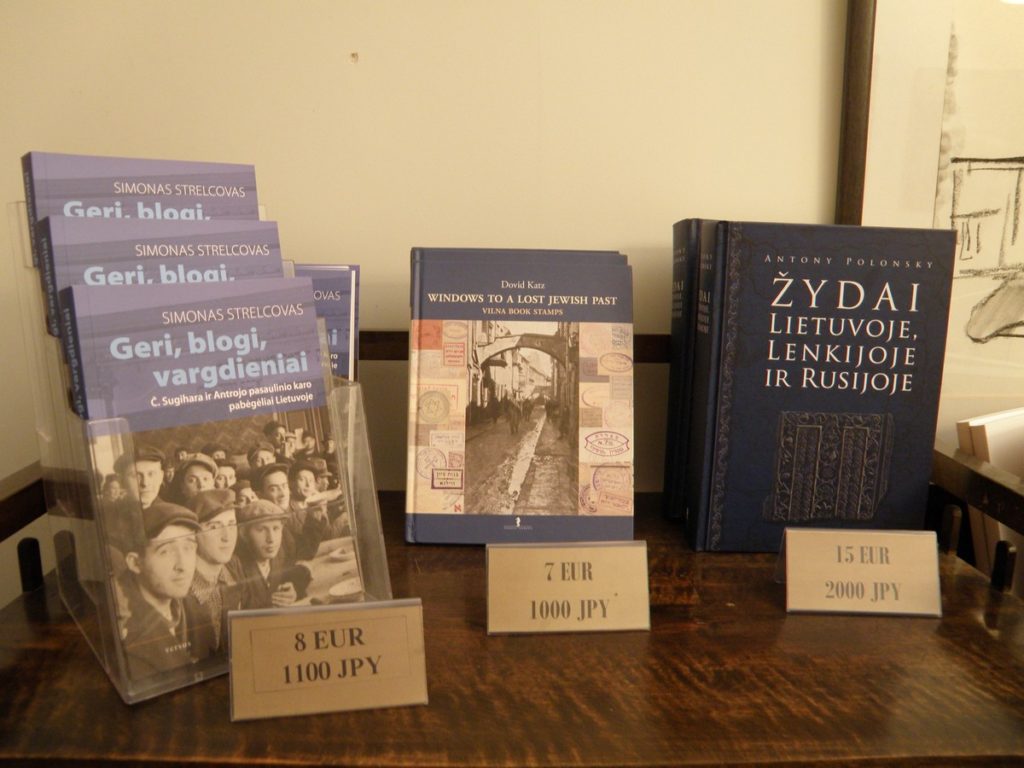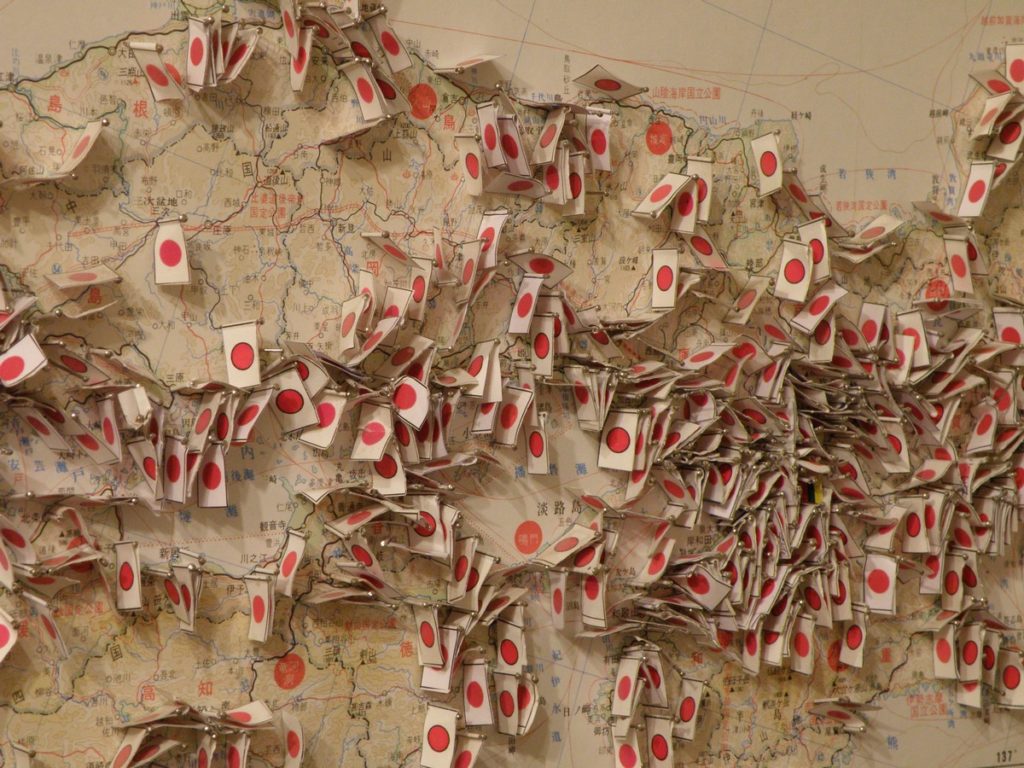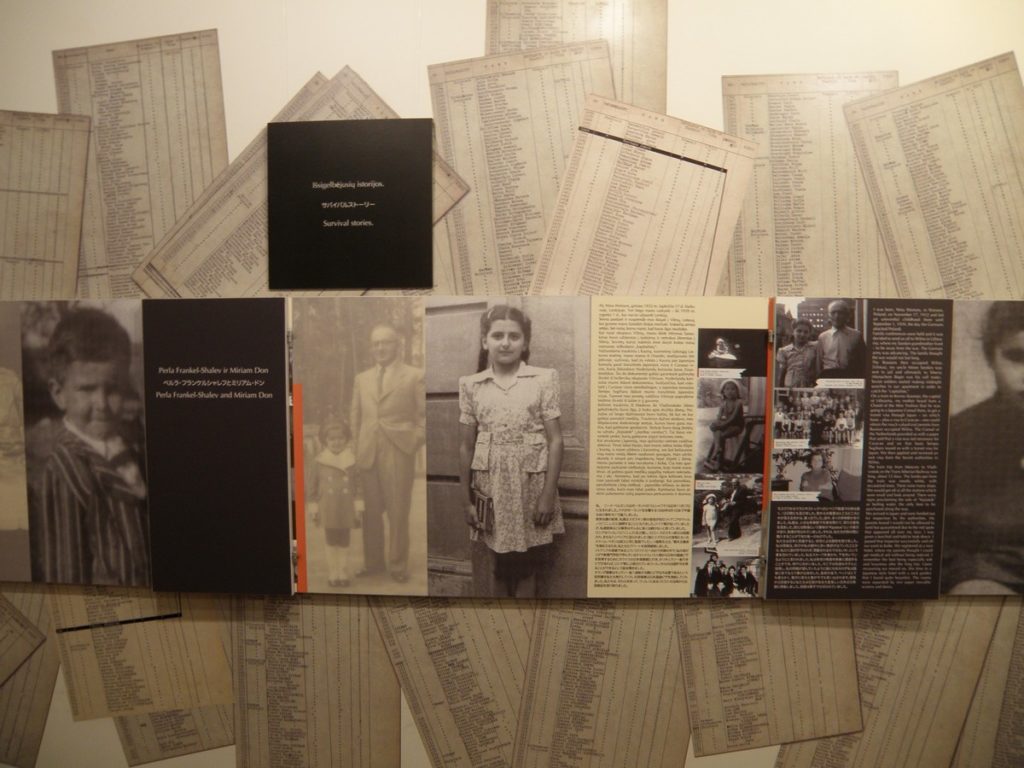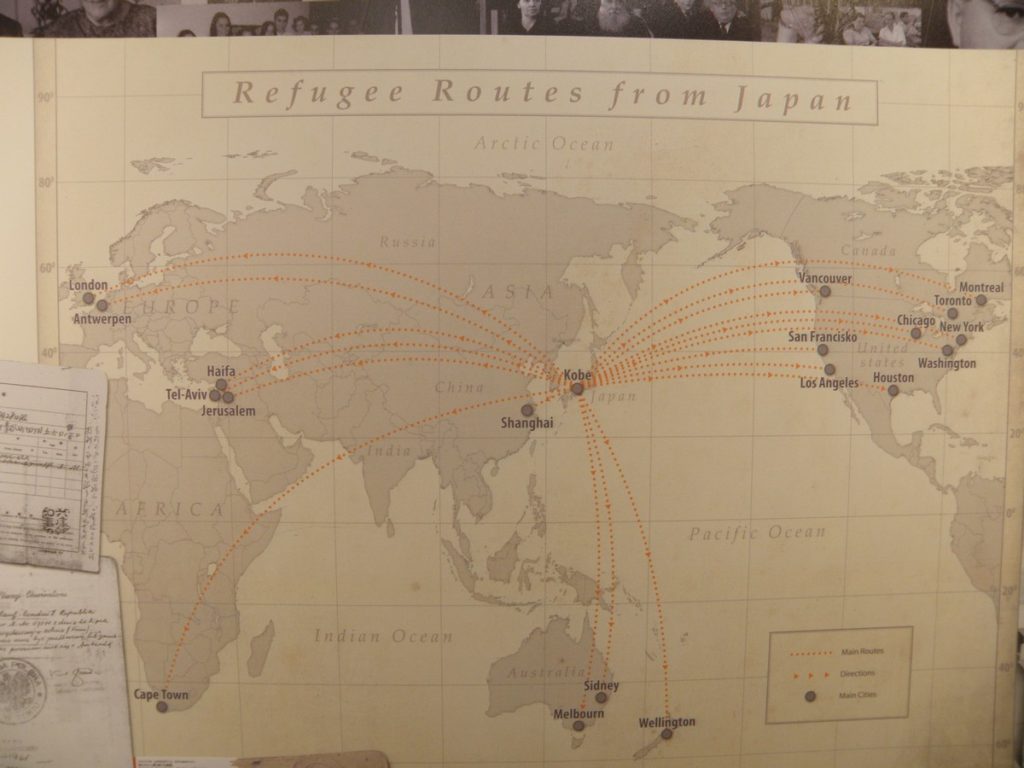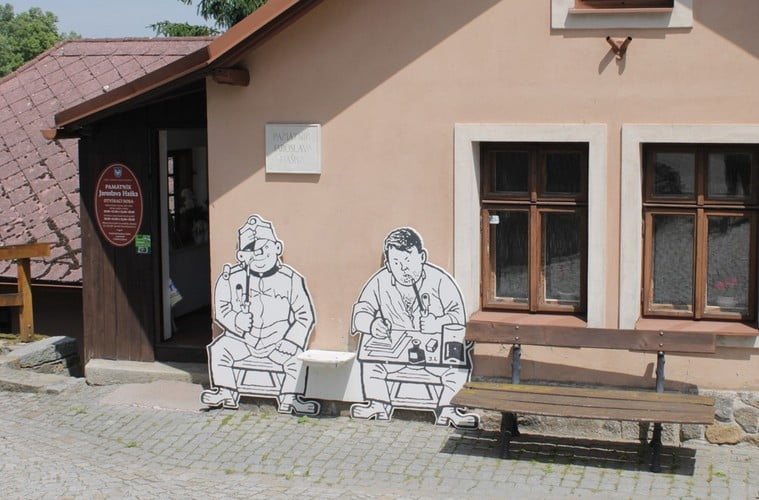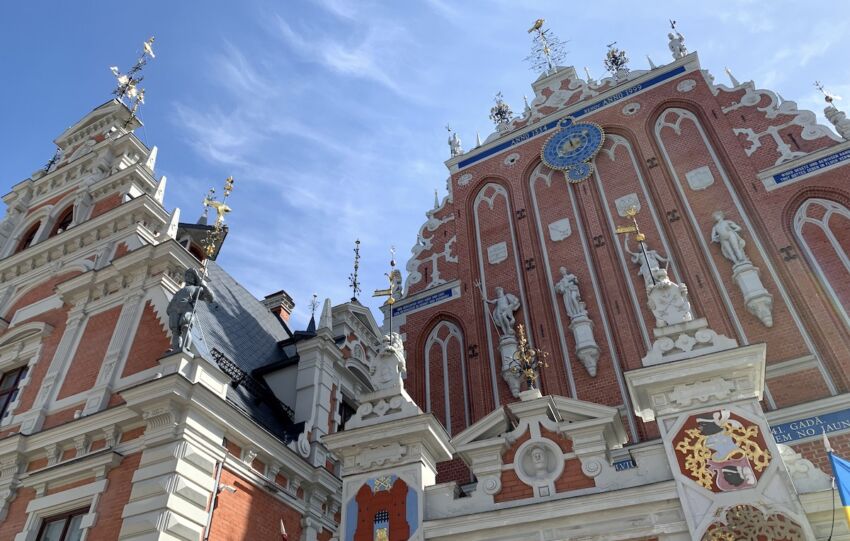Share This Article
While browsing Kaunas guidebooks, I came across the name of Sugihara several times. Most often it appeared in the context of a home that could be visited. It didn’t tell me much, but I quickly realized that it was an introduction to an interesting story about how the Japanese consul saved Polish Jews and Catholics from the Nazis.
Sugihara
Chiune Sugihara was born on January 1, 1900, and was a Japanese diplomat and intelligence associate. His mother came from a samurai family, which many people see as the reason for his behaviour, but more about that in a moment. In 1936-1938 he was the Japanese consul in Moscow and Helsinki. In 1939, he became vice-consul in Kaunas (Lithuania). As early as 1939, he made contact with Polish intelligence.
He did not hold the job of consul in Lithuania for long. In September 1940 he was transferred to Berlin, and then to Konigsberg, Prague and Bucharest. After the Red Army entered Romania, he was put in a POW camp for over a year and a half.
After the war, he returned to Japan and worked for a transport company. Later he received the Jad Vashem Institute award and the title of “Righteous Among the Nations”. He died in 1986.
He was also posthumously awarded the Commander’s Cross of the Order of Merit of the Republic of Poland and the Commander’s Cross with the Star of the Order of Polonia Restituta.
Visas of life
There is a chance that Chiune Sugihara would not exist in the minds of Poles, and even Lithuanians. But let’s go back to history. In September 1939, the Germans entered Poland. It quickly turned out that the fate of Poles would be very difficult, and that Polish Jews would be in danger. Some of the latter group, accompanied also by the Polish intelligence, left the country and settled in Lithuania (then Kaunas was the capital of the country).
After Lithuania was occupied by the Red Army (June 15, 1940), many people tried to get out of the USSR. However, visas were necessary for this. The Dutch consul Jan Zwartendijk declared that refugees can find shelter, e.g. on the Dutch island of Curacao. To get there, however, a journey through Japan was necessary.
More and more people started to appear outside the Japanese consulate. Chiune Sugihara could issue several dozen visas a month, and he did not receive permission from his superiors to increase this number (despite asking three times). He decided to act and issue visas for those in need. He devoted up to 20 hours a day to it, so as to help as many people as possible.
He issued visas until September 4, when he had to leave the consulate and moved to Berlin. He wrote the last documents at the train station while waiting for the train. The story tells that the Polish intelligence prepared a seal with them, which was to imitate his handwriting and to issue even more visas after his departure on empty forms.
It is estimated that thanks to the visas, between 2,000 and 10,000 people were saved (entire families could travel on family visas). The most common number of those saved is 6,000.
Sugihara House
The house in which the consulate was located is open to the public. The unit responsible for making it available was established in 1990. The building is located in Kaunas at 30 Vaižganto Street. Visiting is possible in high season from Monday to Friday (10.00-17.00), on Saturdays and Sundays (10.00-16.00). Off-season, the facility is open from Monday to Friday (11.00-15.00). The admission ticket costs 4 Euro (reduced 2 Euro).
Sugihara’s house is not only an exhibition about his activities. You will find there witness accounts, a room with visas and stories of rescued people. It is worth watching a movie that shows the history of Sugihara in an interesting way.
In front of the house, there are flowering cherries planted by Chiune Sugihara’s wife, Mrs Yukiko during her visit to Kaunas. Unfortunately, in 2008, she died in Japan.
Worth to visit?
Chiune Sugihara and his story are definitely worth knowing! It combines many threads, political, military and emotional. It gives hope that even in bad conditions there are people who care about others.



